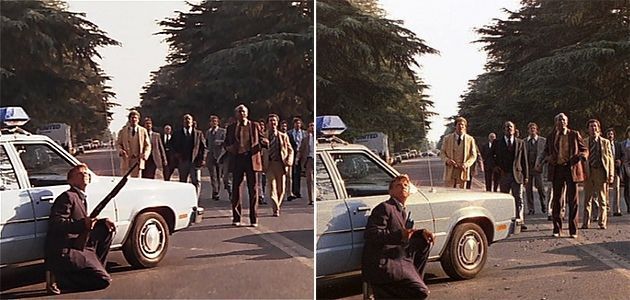The other day, I was watching some Disney classic movies with some kids. At the beginning of The Jungle Book, I was startled to see the following, on a blue screen:
This program includes negative depictions and/or mistreatment of people or cultures. These stereotypes were wrong then and are wrong now. Rather than remove this content, we want to acknowledge its harmful impact, learn from it and spark conversation to create a more inclusive future together. Disney is committed to creating stories with inspirational and aspirational themes that reflect the rich diversity of the human experience around the globe.
My first thought was: Can people leave nothing alone?
My second thought was: What stereotypes could they be talking about? There aren’t any ‘people or cultures’ in this movie, are there? (I had to look it up later to find out that some people find King Louie — inspired by Louis Armstrong — to be an offensive portrayal of African American culture.)
But my third thought was that Disney was taking exactly the right approach — not censoring works of art entirely, or changing them, but encouraging people to converse about them.
This is entirely consistent with John Stuart Mill’s insightful defense of free speech — especially speech that some people find misguided or disturbing or hurtful:
The peculiar evil of silencing the expression of an opinion is, that it is robbing the human race; posterity as well as the existing generation; those who dissent from the opinion, still more than those who hold it. If the opinion is right, they are deprived of the opportunity of exchanging error for truth: if wrong, they lose, what is almost as great a benefit, the clearer perception and livelier impression of truth, produced by its collision with error.
Well played, Disney.
